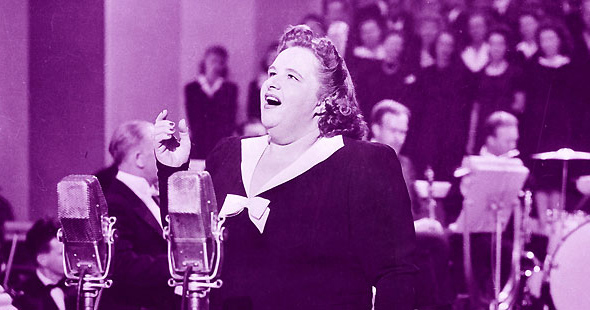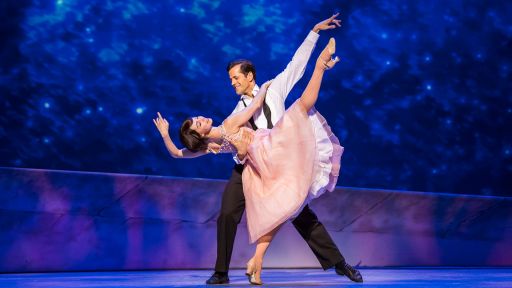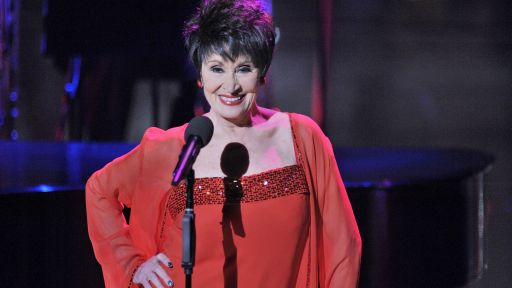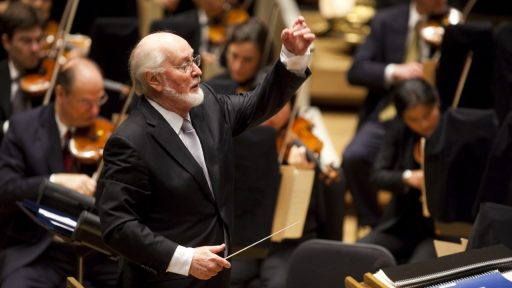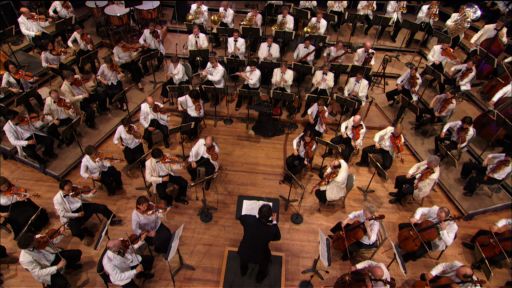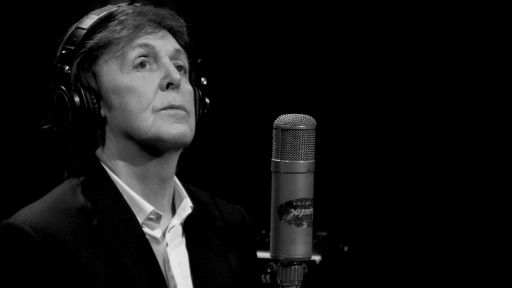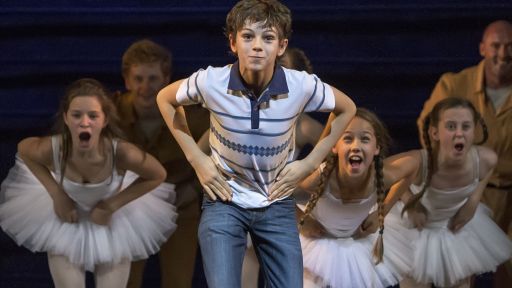Not many people may know that for a short, precarious time, “Porgy,” the opera by Gershwin, nearly became “Porgy,” the musical comedy by Jerome Kern and Oscar Hammerstein II. This renowned Broadway team was eager to convert the play, adapted by Dorothy and DuBose Heyward from his book, as a musical for Al Jolson. As fate would have it, the project floundered when Jolson lost interest.
When Gershwin finally acquired the rights to the play, Heyward worked closely with the composer on creating the opera, and, in a letter to Gershwin in November 1933, he outlined the opera’s opening as he had reconceived it: “The play opened with a regular riot of color. What I have in mind [for the opera] is to let the scene … merge with the overture … giving the added force of sight and sound. I think it would be very effective to have the lights go out during [the] overture, so that the curtain rises in darkness … as the music takes up the theme of jazz from the dance-hall piano.”
Gershwin liked the idea and produced the riveting “Jazzbo Brown” sequence, one of the significant stretches of music that is reinstated when “Porgy” is heard in its original version. Heyward also invited Gershwin to Charleston to absorb local color. Later he recalled their time together:
“Under the baking suns of July and August we established ourselves on Folly Island, a small barrier island ten miles from Charleston. James Island, with its large population of primitive Gullah Negroes, lay adjacent and furnished us with a laboratory in which to test our theories as well as an inexhaustible source of folk material … to George it was more like a homecoming than an exploration. The quality in him which had produced the ‘Rhapsody in Blue’ in the most sophisticated city in America found its Counterpart in the impulse behind the Music and bodily rhythms of the Simple Negro of the South.”
The sole disagreement between the two collaborators in shaping the opera was that Heyward wanted the musical numbers linked by spoken dialogue. Gershwin insisted on sung recitatives. The difference is crucial. Heyward’s way would have produced musical comedy. Gershwin, who won out, was committed to a true opera from the beginning. And it is as an opera — the best of all American operas — that “Porgy” lives today and commands our attention, respect, and affection.
–John Ardoin

